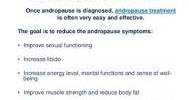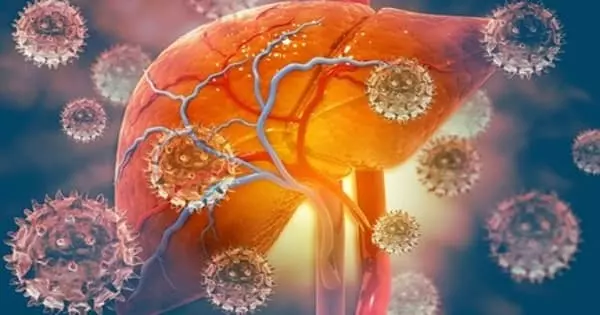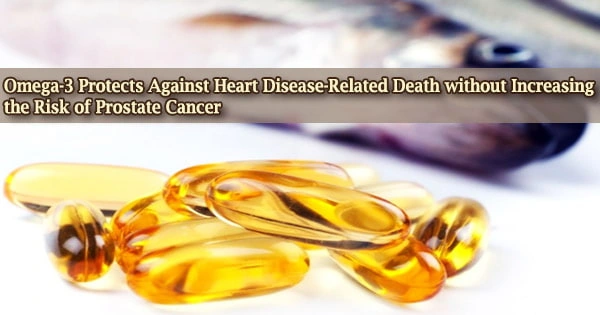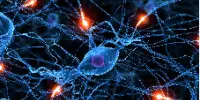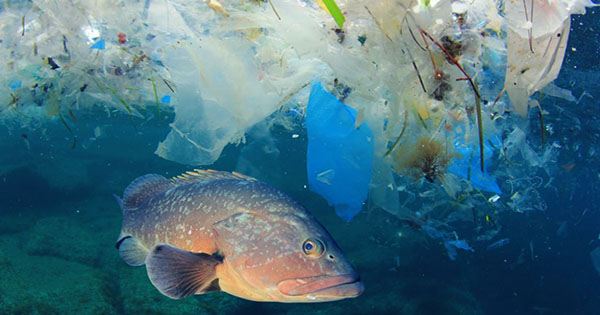Though overeating and obesity are not directly responsible for hair loss, they can cause deficiencies and diseases that have been linked to hair loss. Obesity, whether from overeating or a sedentary lifestyle, is at the root of many hair loss-related issues. Hair loss during weight loss is commonly caused by nutrient deficiencies, as well as the other effects that rapid and abrupt weight loss can have on your body.
Researchers have discovered a molecular mechanism that explains why obesity can cause hair loss. They discovered that stem cells in hair follicles from mice fed a high-fat diet behaved differently than those from mice fed a standard diet. These differences were caused by inflammatory signals in the stem cells, which eventually resulted in hair thinning and loss. These intriguing findings shed light on the complex relationship between obesity and organ dysfunction.
Obesity is well known to be linked to the development of a variety of diseases in humans. Obese people are more likely to suffer from heart disease, diabetes, and other ailments. However, it is unclear how specific body organs deteriorate and lose functionality as a result of chronic obesity.
Obesity can lead to the depletion of hair follicle stem cells (HFSCs) via the induction of certain inflammatory signals, preventing hair follicle regeneration and ultimately resulting in hair follicle loss.
Hironobu Morinaga
A group of researchers from Tokyo Medical and Dental University (TMDU) used mouse model experiments to investigate how a high-fat diet or genetically induced obesity can affect hair thinning and loss in a recent Nature article. Obesity, the authors discovered, can lead to the depletion of hair follicle stem cells (HFSCs) via the induction of certain inflammatory signals, preventing hair follicle regeneration and ultimately resulting in hair follicle loss.
HFSCs normally self-renew at the end of each hair follicle cycle. This is part of the process that allows our hair to grow back indefinitely. As people age, their HFSCs fail to replenish themselves, resulting in fewer HFSCs and, as a result, hair thinning. Although overweight people are at a higher risk of androgenic alopecia, it is unclear whether obesity accelerates hair thinning and, if so, what the molecular mechanisms are. The TMDU group set out to answer those questions and discovered some of the mechanisms.
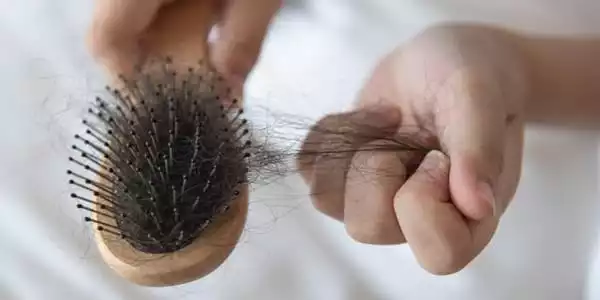
“High-fat diet feeding accelerates hair thinning by depleting HFSCs that replenish mature cells that grow hair, especially in old mice,” says Hironobu Morinaga, lead author of the study. “We compared gene expression in HFSCs in HFD-fed mice and standard diet-fed mice and followed the fate of those HFSCs after activation.” We discovered that when HFSCs in HFD-fed obese mice are activated, they transform into skin surface corneocytes or sebocytes that secrete sebum. Those mice exhibit faster hair loss and smaller hair follicles, as well as HFSC depletion.”
“Even after four days of HFD feeding, HFSCs exhibit increased oxidative stress and epidermal differentiation. The gene expression in HFSCs from high-fat-fed mice indicated the activation of inflammatory cytokine signaling within HFSCs,” says senior author Emi K. Nishimura. “The inflammatory signals in HFSCs repress Sonic hedgehog signaling, which is important for hair follicle regeneration in HFSCs.”
The researchers confirmed that activating the Sonic hedgehog signaling pathway during this process can prevent HFSC depletion. “This could prevent hair loss caused by a high-fat diet,” said Nishimura.
When compared to mice fed regular chow, the western diet-fed animals had lower levels of ceramide and mohexosylceramide, but higher levels of lactosylceramide, according to mass spectrometry analysis. Ceramides are a type of lipid that helps to protect the moisture of the skin, whereas lactosylceramide, a ceramide derivative, causes inflammation. Again, BPD therapy increased total ceramide and glycosylceramide levels while decreasing lactosylceramide levels in the skin. The liquid D-PDMP was also effective but at ten times the concentration of encapsulated BDP.
The authors hope that their research will help scientists gain a better understanding of how diet and aging affect our skin and hair. “We anticipate that the findings described in this paper will help to advance research into the biology of skin, hair coloration, and hair health, with a focus on diet and inflammation, aging, and the role of glycosphingolipids.”
This study adds to our understanding of the specific cellular fate changes and tissue dysfunction that can occur as a result of a high-fat diet or genetically induced obesity, and it may pave the way for future prevention and treatment of hair thinning as well as an understanding of obesity-related diseases.

